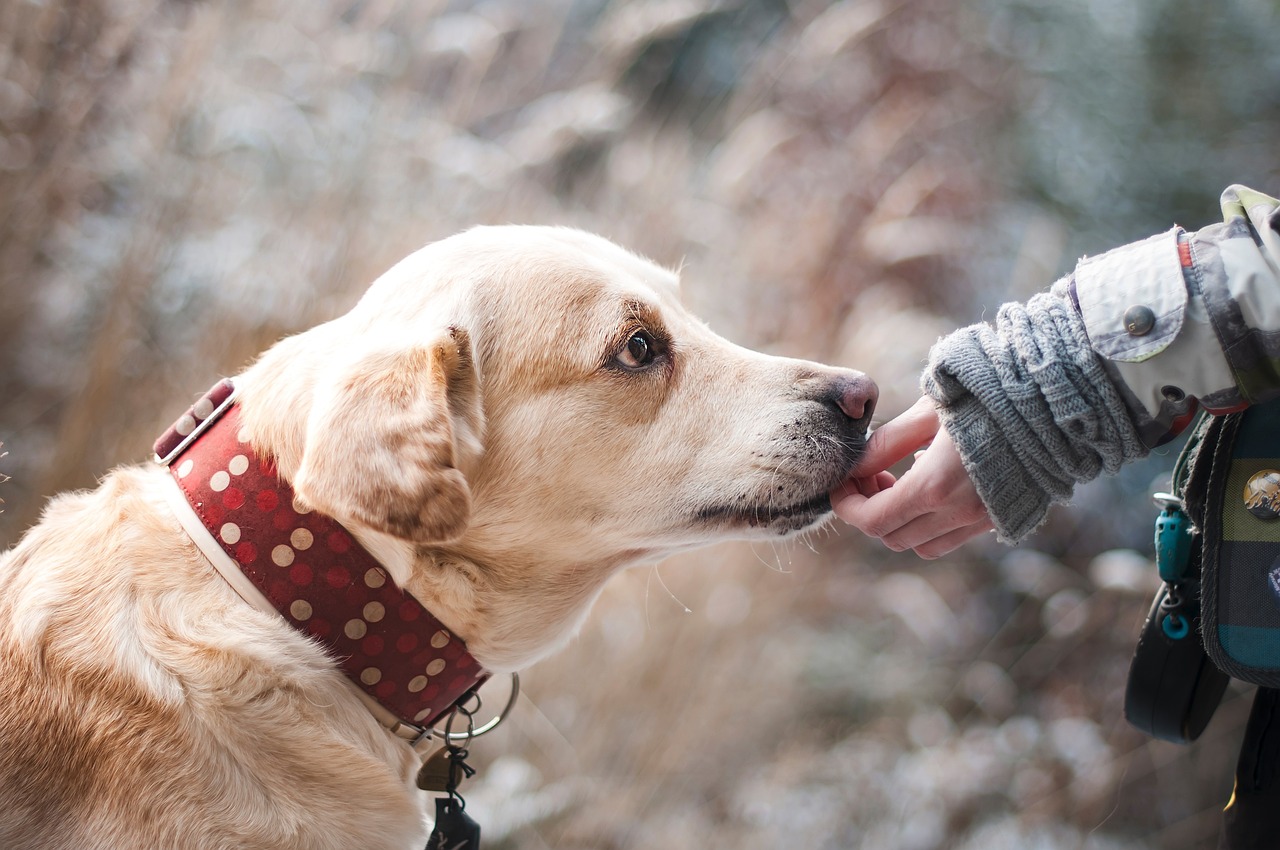This month, we thought we would talk about something that most people don’t even want to think about –emergencies. Usually, the term “preparedness” aims to remind people to be prepared for disasters or emergencies. Of course, the idea is for people to be prepared for disasters in their homes, business or community, but in veterinary medicine, we always like to put a little twist on things and encourage people to think about their pets.
Officially, National Pet preparedness in Canada is in June. However, considering the smoke in the air and the plethora of fires that we hear being battled across Canada every summer, it always seems to become all the more relevant as summer progresses. In light of this, we encourage you to ask yourself: In the event of an emergency or natural disaster, are you prepared?
If you have a pet in your care, you may have already considered what your options are if something unexpected were to happen. Individual circumstances will always dictate some plans, however there are certain things that everyone can do ahead of time to ensure that everyone gets out in case of an emergency. First and foremost, identification is paramount. Not only ensuring your pet has identification (i.e. a tattoo and/or microchip), but also ensuring the information linked to that identification will lead back to you. If you’ve moved since your pet’s identification was put into place (for most animals, this was at the time of their spay or neuter), it may be good to double check. Emergency stickers are easy to acquire and place and can be helpful if you are indisposed. The location of kennels and leashes should be well known to everyone in the household, and easy enough to access quickly.
Your veterinarian can also help. Since many emergency housing facilities don’t allow pets, be prepared that you may have to be separated from them. Ensure vaccinations and deworming are up to date, thereby allowing a potentially rushed and last-minute booking into a hotel, aboarding facility, or even with friends and family. Some veterinary clinics may even board patients in the case of an emergency. Ensure your pets are licensed and that both their rabies tag and license are attached to their collar.
An emergency kit or “go-bag” is also recommended. The contents will vary depending on your pet’s species, specific needs and medications, but should at least include a picture of you and your pet, as well as a first aid kit. A paper copy of records is helpful. Consider keeping apre-made checklist of what you need to grab in case of an emergency (food, water, medications) so things aren’t forgotten. And don’t forget to set yourself regular reminders to verify and replace expired content as needed.
Consider keeping an electronic copy of their vaccination record, licensing, and ID information somewhere that can be accessed via phone or away from home. And of course, don’t be caught off guard! Some emergencies can’t be planned, of course, but keep an eye out for alerts and warnings in your area.
Finally, the province does have an Animal Care Line which may be used to coordinate requests for assistance at 204-945-4800 (in Winnipeg) or 1-888-945-8001 (Toll free), and the Winnipeg Humane society has an Emergency Boarding program to provide temporary housing in emergency situations.
Until next time fellow paw-print loving friends!
Silver Heights Veterinary Hospital is proud to serve the Winnipeg region, and is located on Ness Avenue in St. James. Contact them at 204-504-5600 or visit their website at silverheightsvethospital.ca.


